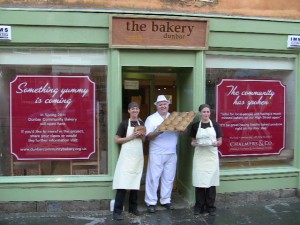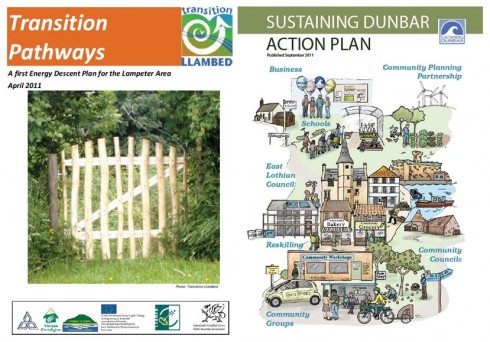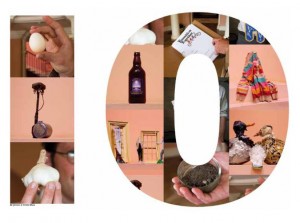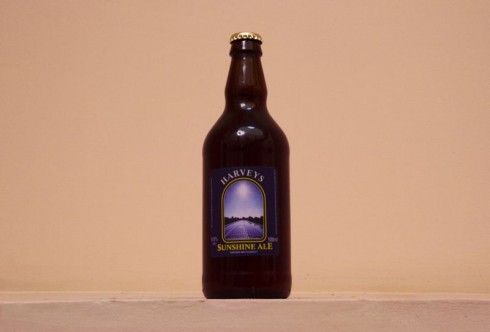14 Dec 2011

The newly opened Dunbar Community Bakery.
I spent a fascinating afternoon on Monday at an ‘Economic Summit’ (nowhere near as glamorous as it sounds) for Members of South Hams District Council and West Devon Borough Council. The meeting was called to update councillors on the strategic thinking within the councils in terms of the economic development of the area and to hear their views on it. Three communities were invited to present to the councillors the work they were doing to regenerate their economies, and Totnes was one of them. What I want to do in this post is two things simultaneously. I want to give some reflections from that meeting, but also give a review of ‘The Portas Review’ (“an independent review into the future of our high streets”) which was published yesterday. Together they give a sense of the two deeply different narratives that were on show at the Summit, the dangers that their incompatibility presents, as well as the opportunities that emerge.
Read more»
14 Dec 2011

Like buses, you wait for ages for Energy Descent Action Plans to come along, and then two come along at once. This month sees the publication of two new EDAPs, from Llambed in mid-Wales, and Dunbar in East Lothian, Scotland. For a crash course in EDAPs and a taste of those published thus far, see this ingredient from The Transition Companion. These two high quality pieces of work represent two communities taking the idea of an EDAP and rooting it to their place, their community, their challenges.
Read more»
13 Dec 2011
 As part of the promotion of ‘The Transition Companion‘, Emilio Mula made these 10 short films of different stories from the book. The recent BBC series ‘A History of the World in 100 Objects’ beautifully told the story of the evolution of human history illustrated by 100 objects chosen from the British Museum’s collection. We used a similar approach to tell the story of the emerging and unfolding Transition movement, which in its short life has spread to 35 countries around the world from its humble beginnings in Kinsale, Ireland. You can read more about these stories here, and here are the films…
As part of the promotion of ‘The Transition Companion‘, Emilio Mula made these 10 short films of different stories from the book. The recent BBC series ‘A History of the World in 100 Objects’ beautifully told the story of the evolution of human history illustrated by 100 objects chosen from the British Museum’s collection. We used a similar approach to tell the story of the emerging and unfolding Transition movement, which in its short life has spread to 35 countries around the world from its humble beginnings in Kinsale, Ireland. You can read more about these stories here, and here are the films…
Read more»
13 Dec 2011

Today we come to the last in the series of ‘A Story of Transition in 10 Objects’ films, produced by the wonderful Emilio Mula at nuproject. Thanks also to Sharpham House for letting us film there, the closest thing to the British Museum that we could find! I hope you have enjoyed them. We go out in style, presenting our final object, a bottle of beer with a tale to tell…
Read more»
12 Dec 2011
Here is a guest post by Judy Phillips and Joan Stoia from Transition Northfield in the US:
A year and a half ago, inspired and guided by Transition US and Northeast Regional Trainer, Tina Clarke, twelve adventurous and committed Northfielders embarked on a project designed to re-localize Northfield. They were armed with the following mission:
“Transition Northfield is a creative community-based response to economic instability, resource depletion (peak oil), and climate change. Its aim is to engage residents from all aspects of our community to work together in a positive practical process that increases local resilience and economic vitality. It is flexible and fun, encourages local creativity, and results in a stronger, more cohesive community.”
Read more»





